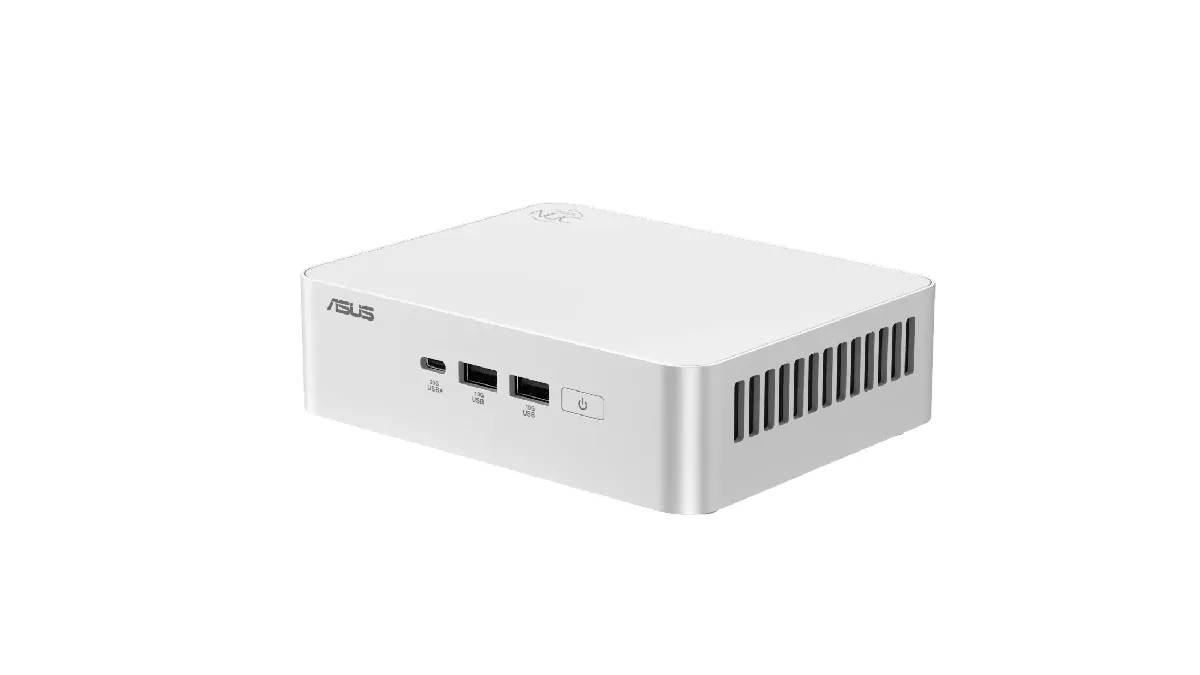The M11-P is a classic Leica rangefinder, similar to the 61MP Leica M11. However, it offers a groundbreaking feature: the ability to attach Content Credentials to photos as they’re taken.
Content Credentials serve as a digital label, an industry-standard safeguard for image authenticity. It securely adds names, dates, and edits to image metadata, ensuring transparency regarding the image’s origin.
Whether you’re a photo agency, NGO, media company, or just a curious observer, Content Credentials supplies verified image data, including original and edited versions.
In the age of digital photography’s uncertainties, the M11-P’s Content Credentials chipset stands as a strong statement, championing authenticity over AI manipulation.
In today’s digital landscape, trust in content authenticity is paramount
AI-driven image generators and editors challenge our perception of reality. Can we rely on photojournalism’s accuracy worldwide?
Dr. Andreas Kaufmann, Chairman of Leica Camera AG’s Supervisory Board, underscores the need for trust in digital content. Leica aims to restore its role as a trusted tool in documenting world events.
Content Credentials don’t just confirm standard metadata; it also validate post-capture edits. Adobe showcased Content Credentials at Adobe Max, acknowledging AI-generated elements in images.
Unlike Adobe, the Leica M11-P creates a digital signature and a Content Authenticity Initiative (CAI)—compliant certificate at capture. Verification is simple with open-source CAI tools like Content Credentials.
Analysis: Leading the Way, But Will Others Follow?
In terms of design, keen observers will spot the absence of the iconic Leica red dot in my photos of the new M11-P (above). Over a delightful couple of weeks, I documented life with its manual focusing, splendid 60MP full-frame sensor, and Leica Q3’s vibrant colors. Apart from the lack of the red dot and the substantial internal storage boost (256GB compared to the M11’s 64GB), the two rangefinders operate identically.
The true standout feature is the integrated Content Credentials chipset. This isn’t a feature that can be added to other Leica cameras through a firmware update. No other camera currently possesses or can retroactively acquire Content Credentials.
To access this new tool, scroll to the end of the M11-P’s menu, where you’ll find the option to “Sign Content.” Obtaining a verifiable digital certificate for your images is as straightforward as toggling “Sign Content” to “On.”
The Content Authenticity Initiative (CAI)
The Content Authenticity Initiative (CAI) is a coalition of nearly 2,000 members, including major media and tech giants like the Associated Press, BBC, and Reuters. With the M11-P, Leica offers these members a camera that, in Leica’s words, “establishes a seamless chain of authenticity, from capture to publication with Content Credentials.”
Few photographers can afford the all-metal Leica M11-P, which carries an exclusive £8,000 body-only price tag (with US and Australia prices forthcoming). Nonetheless, the fact that this technology is currently exclusive to the M11-P doesn’t mean it won’t find its way into other cameras. Let’s hope it does.
The inclusion of such a chipset in future cameras lies in the hands of companies like Sony and Canon. Unless confidential discussions have already transpired, this development may not be on the horizon anytime soon.
For now, we applaud Leica for championing authenticity, and Santiago Lyon, Head of Advocacy & Education at CAI, shares some promising words for Adobe. “It (the M11-P) will introduce a potent new approach for photojournalists and creatives to safeguard their digital rights, combat misinformation, and introduce authenticity to their work. This will promote widespread adoption of Content Credentials.”
Discover more from NewForTech
Subscribe to get the latest posts sent to your email.








